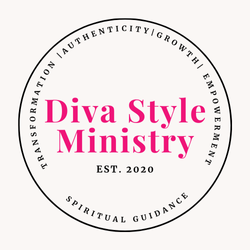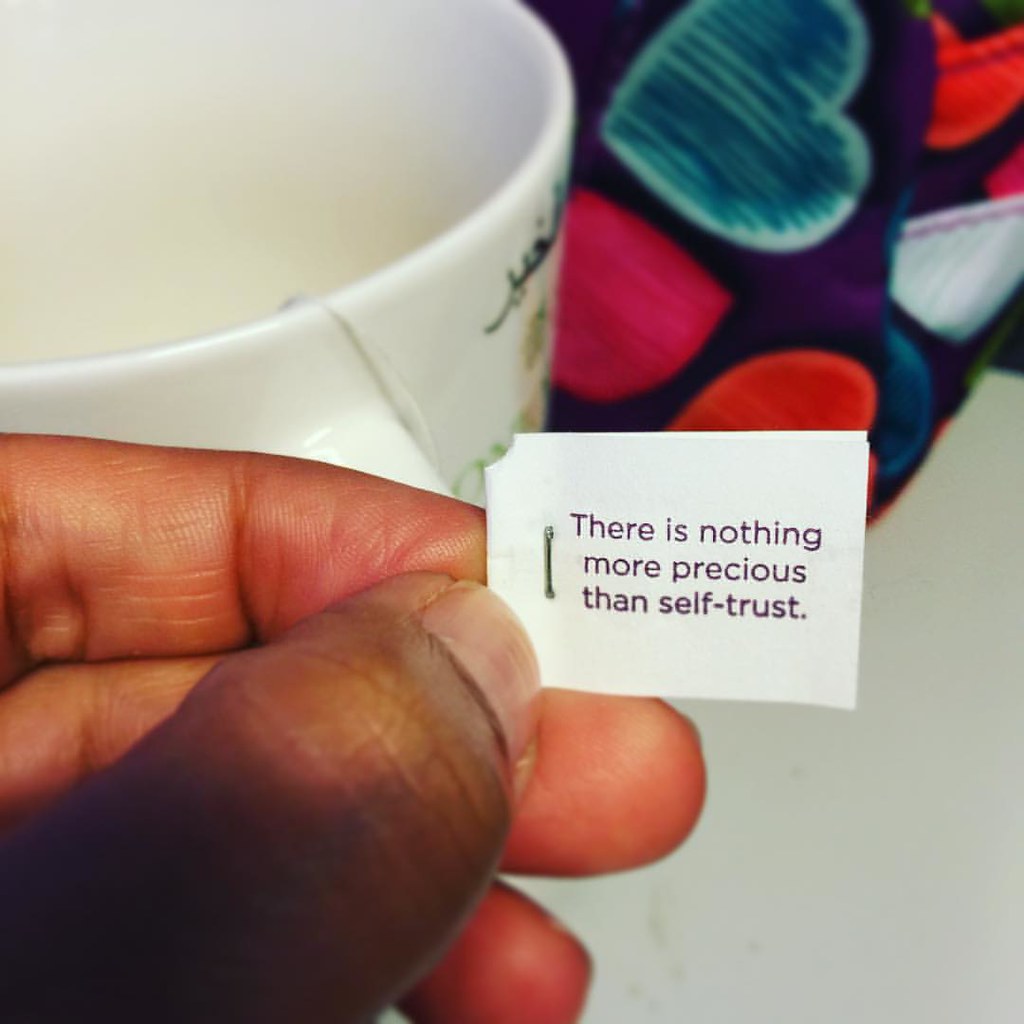Are you a perfectionist? If so, your expectations may be set too high.
It is an admirable trait to want everything, including yourself, to be perfect. The trouble is that there’s no time for it in a perfectly imperfect human life. You will also find that most people aren’t perfectionists.
You need to learn how to manage expectations – those you have for yourself, and the ones you have for others. It is a delicate balance, and you must be able to recognize when you have done as much as you can or should. Sometimes you can do more, but you also need to know when to move on.
Another problem with perfectionism is that you may miss opportunities while waiting (or working) for it. Suppose you’re building your future as a product designer, and you decide to hold off releasing your latest product to the market because you want to put more features into it and make it “perfect”.
You delay the release of the product by several months, only to find that your competitors have finished their versions and have released them on the market.
The product you would have released was better than your competitors – even in its “imperfect” state. Customers would have bought your products instead of your competitors’. Try explaining that one to management or shareholders!
Further, if you miss those opportunities to get your product released, you will miss building better relationships with your customers, because you withheld the solution to their problems longer than necessary.
Product releases have marketing activities associated with them, including sharing experiences on social media, etc. When customers have good experiences with products and services, they share those experiences with friends and family. Often, this sharing occurs on social media channels, which in turn, can go viral. It’s more challenging to promote a product that is not yet released than it is to highlight one that is.
There are cases where perfectionism is warranted.
Show business is one example – imperfect shows don’t last very long. Medical techniques and technologies are another – imperfection could cost someone their life. In most other fields, perfectionism will hold you back. It’s not necessary, and it leads to frustration and delays.
Of course, you should never release products that have a sloppy design or are dangerous to consumers. That is where this delicate balance comes into play. The product needs to meet safety guidelines. Your reputation is at stake, and you don’t want customers bashing your product or your brand. In this case, it may be necessary to delay the release of products until they are safe, etc.
How is being a perfectionist a sign that you don’t trust yourself? You think that nothing is ever good enough and that you have to keep striving to be better. You might continue to strive for an additional level of improvement in your product, service, or idea that isn’t truly necessary.
Developing a higher level of self-trust and self-confidence will help you to realize when you’ve done your best, and when that best is good enough. When you trust yourself, you can reel expectations to manageable levels, but that won’t stop you from succeeding.
Technology products are continually released when they are not “perfect,” but we buy them anyway. They meet a specific level of usability and function, and we want them at that level. Yes, there are little challenges, but not enough to prevent us from finding value in them.
Don’t hold yourself back while waiting for perfection – put your best efforts out there, commit to continual improvement, and enjoy the fruits of your labor as you continue to get better, while also building your level of self-trust and self-confidence.





